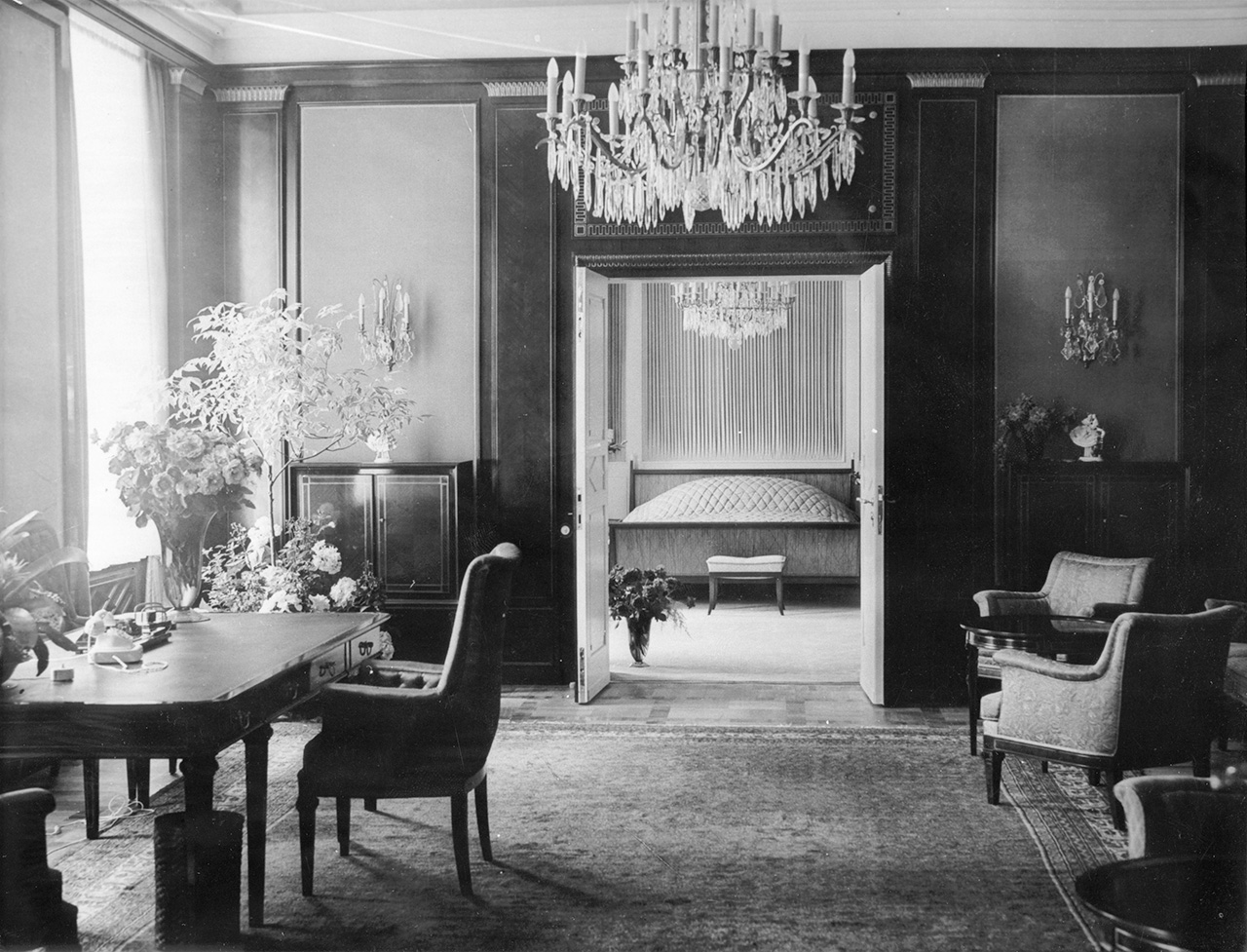Why ‘Perfection’ will be the most-discussed design book of the summer
In just 120 pages, Perfection captures millennial malaise, design lust and the inevitable disappointment when the perfect home — or life — proves impossible to achieve.
“This is the book of the summer,” says my local bookseller as I buy a copy of Perfection by Italian author Vincenzo Latronico. It’s true. The book came recommended by a trusted source. I first spotted the minimalist, cobalt-blue cover (a Fitzcarraldo Editions signature) on the tube and then in the hands of sunseekers in London parks. After reading, I passed on my own copy to a colleague and discussed it with friends at dinner parties.
At just 120 pages, Perfection is a succinct exploration of millennial malaise: it follows expat couple Anna and Tom, who live in Berlin and are deeply preoccupied with curating their lives in the attempt to find meaning through the objects that they surround themselves with. The first few pages detail their apartment: string lights, curved Danish furniture, brass candle holder and all. A small jungle of indoor plants includes monstera, fiddle-leaf fig, peperomia, alocasias, euphorbias and philodendrons. A black metal side table is stacked with “past issues of Monocle and The New Yorker”.
The premise of Perfection is an update on Georges Perec’s 1965 novel Les Choses, which chronicles the lives of Jérôme and Sylvie, a young Parisian couple who also seek a sense of self through their possessions: jade ashtrays, a brown-velvet sofa and leatherbound books signal the French mid-century zeitgeist. But an insatiable and financially unsustainable desire for more trinkets, tchotchkes, furniture and clothes drives them to a total rejection of this chosen milieu. They flee Paris for Tunisia. In Latronico’s 21st-century retelling, his protagonists also attempt to renounce their contemporary trappings but opt for digital nomadism in Sicily and Lisbon instead. Spoiler alert: despite moving countries, neither couple manages to escape themselves.

As I’m required to ponder design as a job (somebody has to do it), these two precautionary tales struck a chord. When does an obsession with objects become objective materialism? The truth is that I care deeply about my furniture, lights and homeware. And while they’re only possessions, they also distinguish the chapters of my life. Buying a sofa felt like a confirmation of adulthood. I cycle through phases of desire for one more item and disenchantment with what I already own. So I purchase and purge. Decluttering is an art form that I aspire to perfect.
Debating the pros and cons of materialism is a dead-end pursuit – and neither Latronico nor Perec come to any conclusions. With cost of living crises, economic disparity on the rise and wealth gaps widening, it’s unsurprising that this frustrating, late-capitalist climate also birthed Celine Song’s latest film, Materialists. Despite damning reviews, I found it shamelessly enjoyable. Without revealing too much about the somewhat predictable ending, the film confirms that money – and what it can buy you – will not provide your life with deeper meaning. Perfection, Les Choses and Materialists are simply polite reminders to exercise vigilance when prioritising what really matters in your life.
Read next: Five design and architecture books to lose yourself in this summer



